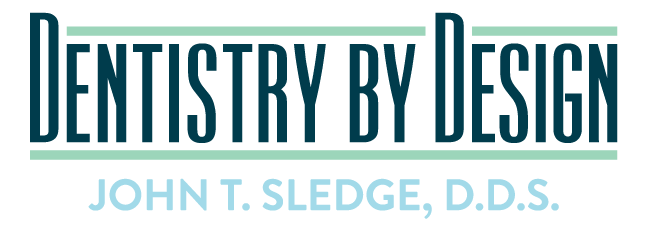
Dental Exam & Cleanings
It’s recommended that patients visit the dentist at least twice a year. This allows a dentist to detect any dental abnormalities (decay and gum disease) before they escalate and cause extensive dental damage.
A typical comprehensive dental exam goes as follows:
Diagnostic x-ray: X-rays give our Hygienist and Doctor an eye inside your teeth and gums to detect any sign of decay, tumors, cysts, and/or bone loss. X-rays also help determine tooth and root positions.
Oral cancer screening: During your check-up you will be screened for signs of oral cancer.
Gum disease evaluation: Our Hygienist will check your gums and bone around your teeth for any signs of periodontal disease, giving each tooth/gums a number depending on the health of that area to determine if disease is present.
Examination of tooth decay: All teeth are checked for decay.
Examination of existing restorations: If you have any prior work done our Hygienist and Doctor will check the condition of current fillings, crowns, etc.
Removal of plaque and tartar: Plaque is a film on teeth that is full of bacteria, food and saliva which can cause periodontal disease, whereas tartar is hardened plaque that is attached to the tooth above or below the gum line.
Polishing: Our Hygienist will remove stains and plaque by polishing the tooth’s surface.
After an annual checkup, Dr. Sledge will go over the exam results with you. He may need to discuss concerns and plans for further treatment to fix any dental issues.
Fluoride Treatment
Fluoride is a mineral that is naturally occurring in many foods and water and is applied to teeth to help prevent tooth decay. Every day, minerals are added and stripped away from your tooth’s enamel through two processes, demineralization and remineralization. Minerals are lost (demineralization) the enamel layer when acids (bacteria and sugars) attack the enamel. Minerals such as fluoride, calcium, and phosphate are redeposited (remineralization) to the enamel layer by the foods and water we consume. Too much demineralization without enough remineralization leads to tooth decay.
Fluoride helps prevent tooth decay by making the tooth more resistant to acid attacks. In children under 6 years of age, fluoride is incorporated into the development of permanent teeth, making it difficult for acids to demineralize the teeth. As important as fluoride is, it will not alone prevent tooth decay.
Sealants
Sealants; a thin, plastic coating applied to the chewing surfaces of the teeth, usually the molars and premolars are designed to help prevent tooth decay. They form a protective shield or barrier over those hard to clean areas that are most prone to tooth decay. Once applied, when combined with proper brushing and flossing, they can help protect your teeth for many years but will need to be checked at your regular dental visits.
Ask our dentist or hygienist at your next visit if sealants are right for you or your child.
Good oral health starts with proactive preventive care and education. This is the most important aspect of our office. Our Dentistry by Design team is kind, gentle, and dedicated to your oral health. Regularly scheduled examinations and cleanings will give you the maximum opportunity for long-term dental health.


